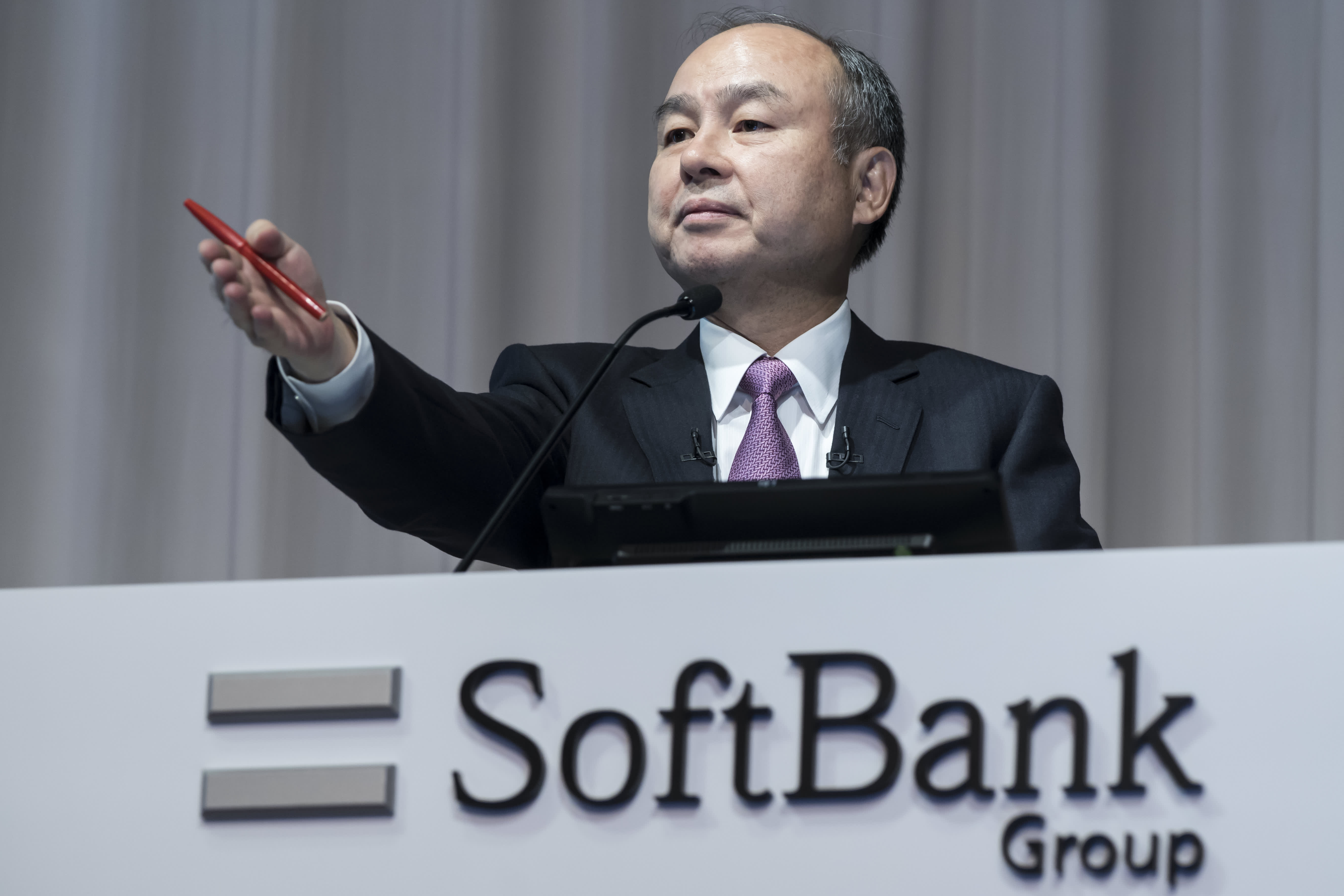Pfizer moves forward with once-daily version of weight loss pill after setbacks
The company plans to conduct studies in the second half of the year evaluating multiple doses of the drug.


Pfizer on Thursday said it will move forward with a once-daily version of its weight loss pill, danuglipron, after it saw "encouraging" data in an ongoing early-stage study.
The company evaluated several once-daily formulations of the drug and identified one with "the most favorable profile" in terms of safety and how the body reacts to the medication.
Pfizer said it plans to conduct more early-stage trials in the second half of the year to identify the ideal dose of the drug, with results expected in the first quarter of next year, a spokesperson told CNBC. The company said those trials will "inform the registration enabling studies," which are used in applications for regulatory approval.
Danuglipron "has demonstrated good efficacy in a twice-daily formulation, and we believe a once-daily formulation has the potential to have a competitive profile in the oral GLP-1 space," outgoing Pfizer Chief Scientific Officer Dr. Mikael Dolsten said in a release. Notably, the company did not observe any liver safety issues in patients who received once-daily formulations of the drug.
Pfizer is one of several drugmakers racing to win a slice of the market for a highly popular class of weight loss and diabetes drugs called GLP-1 agonists. Some analysts expect the industry to be worth roughly $100 billion by the end of the decade.
But Pfizer has so far struggled to break into the market.
The pharmaceutical giant in December discontinued a twice-daily version of danuglipron after patients had trouble tolerating the drug in a mid-stage study. At the time, Pfizer said early study data on the once-daily version would "inform a path forward."
But investors have been pessimistic about the company's potential in the GLP-1 space ever since it scrapped a different once-daily pill in June 2023 due to elevated liver enzymes in patients who received the treatment. Those were among a string of setbacks Pfizer faced last year on top of the rapid decline of its Covid business, which battered its stock.
Still, Pfizer has other experimental obesity drugs in early stages of development. The company has not disclosed how those treatments will work.
"Obesity is a key therapeutic area for Pfizer, and the company has a robust pipeline of three clinical and several pre-clinical candidates," Dolsten said in the release.
Pfizer also believes GLP-1s are only "scratching the surface of what we will see in obesity," CEO Albert Bourla said during a conference in June.
More CNBC health coverage
Pfizer's danuglipron is a GLP-1 that promotes weight loss in the same way as Novo Nordisk's injection Wegovy and diabetes treatment Ozempic. The drugs mimic a single hormone produced in the gut called GLP-1, which signals to the brain when a person is full.
Injections from Novo Nordisk and Eli Lilly have soared in demand over the last year despite their hefty price tags and limited insurance coverage.
The pair – along with Pfizer and other drugmakers – has been racing to develop oral versions that are more convenient for patients to take and easier to manufacture, which could help alleviate supply shortages in the U.S.
Pfizer has previously said it could acquire or partner with a smaller obesity drugmaker.
Bourla told reporters at a conference in January that it was unlikely Pfizer would buy an obesity treatment in later-stage development, especially as the company focuses on cutting costs.
But he said Pfizer was looking for potential licensing deals or earlier-stage weight loss drugs.
Pfizer's update on danuglipron comes days after the company said it is searching for a successor to Dolsten, who will step down after more than 15 years at the drugmaker. Dolsten played a crucial role in developing Pfizer's Covid vaccine.

 Tfoso
Tfoso 





























![Local SEO: How To Make More Customers Click, Choose & Walk Through Your Doors [Webinar] via @sejournal, @hethr_campbell](https://www.searchenginejournal.com/wp-content/uploads/2025/04/featured-596.png)
